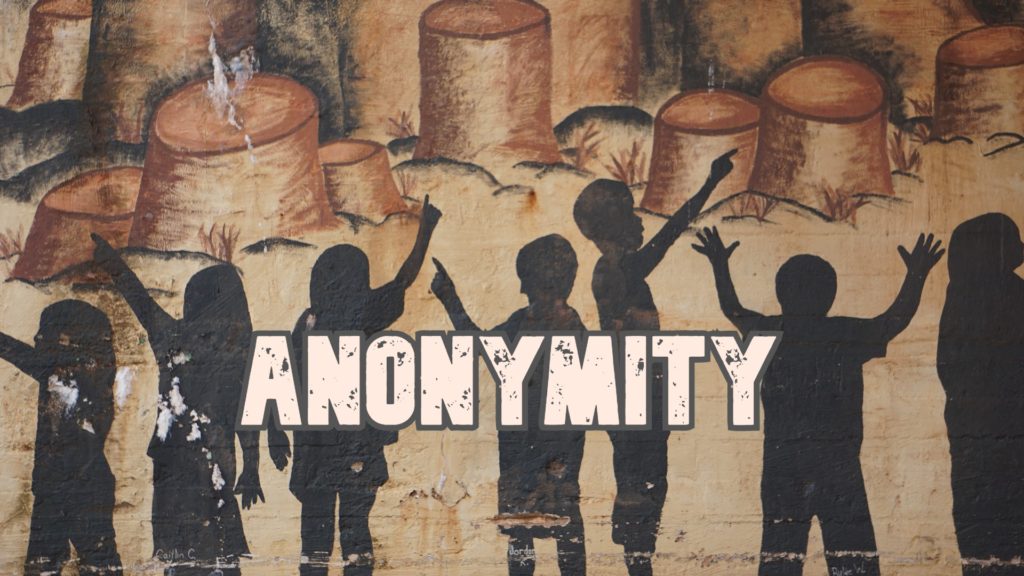
Plaintiff Bitcoin miner sued defendant colocation hosting provider for breach of contract, conversion, and trespass to chattels under Washington law. After filing suit, plaintiff filed a motion for temporary restraining order against defendant, seeking to require defendant to restore plaintiff’s access to the more than 1,000 mining rigs that defendant allegedly removed from its hosting facility. The court denied the motion, finding that plaintiff had established only possible economic injury, not the kind of irreparable harm required for the issuance of a temporary restraining order.
The underlying agreement
In July 2021, the parties entered into an agreement whereby plaintiff would collocate 1,610 cryptocurrency mining rigs at defendant’s facility. Plaintiff had obtained a loan to purchase the rigs for over $6 million. Defendant was to operate the rigs at a high hash rate to efficiently mine Bitcoin, with defendant earning a portion of the mined BTC.
After plaintiff defaulted on its loan, however, in early 2023, defendant allegedly reduced the available power to the rigs, despite plaintiff having cured the delinquency. Plaintiff claimed this reduced power likewise reduced the amount of Bitcoin that imined, and claims that defendant reallocated resources to other miners in its facility from whom it could earn more money.
The discord between the parties continued through late 2023 and early 2024, with 402 rigs being removed, and then defendant’s eventual termination of the agreement. The parties then began disputing over the removal of the remaining rigs and alleged unpaid fees by plaintiff. In early March 2024, plaintiff attempted to retake possession of its rigs, only to allegedly find defendant’s facility empty and abandoned. This lawsuit followed.
No irreparable harm
The court observed that under applicable law, a party seeking injunctive relief must proffer evidence sufficient to establish a likelihood of irreparable harm and mere speculation of irreparable harm does not suffice. Moreover, the court noted, irreparable harm is traditionally defined as harm for which there is no adequate legal remedy, such as an award of damages. Further, the court stated that it is well established that economic injury alone does not support a finding of irreparable harm, because such injury can be remedied by a damage award.
In this situation, the court found there to be no problem of irreparable harm to plaintiff. The court distinguished this case from the case of EZ Blockchain LLC v. Blaise Energy Power, Inc., 589 F. Supp. 3d 1102 (D.N.D. 2022), in which a court granted a temporary restraining order against a datacenter provider who had threatened to sell its customer’s rigs. In that case, the court found irreparable harm based on the fact that the miners were sophisticated technology and could not be easily replaced.
The court in this case found there was no evidence defendant was going to sell off plaintiff’s equipment. It was similarly unpersuaded that the upcoming Bitcoin halving (anticipated in April 2024) created extra urgency for plaintiffs to have access to their rigs prior to such time, after which mining Bitcoin will be less profitable. Instead, the court found that any losses could be compensated via money damages. And since plaintiff had not provided any evidence to support the idea it would be forced out of business in these circumstances, the court found it appropriate to deny plaintiff’s motion for a temporary restraining order.
Block Mining, Inc. v. Hosting Source, LLC, 2024 WL 1156479 (W.D. Washington, March 18, 2024)
See also:


